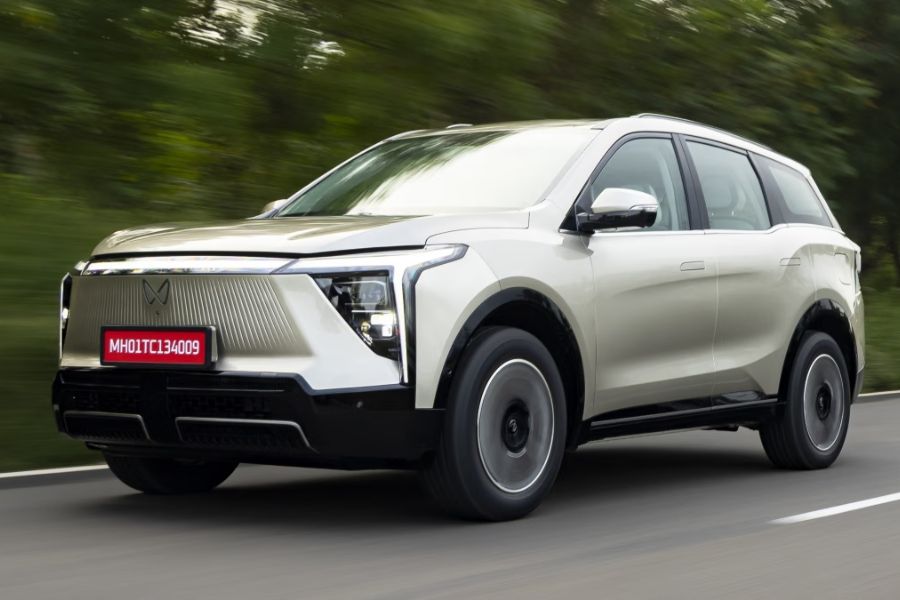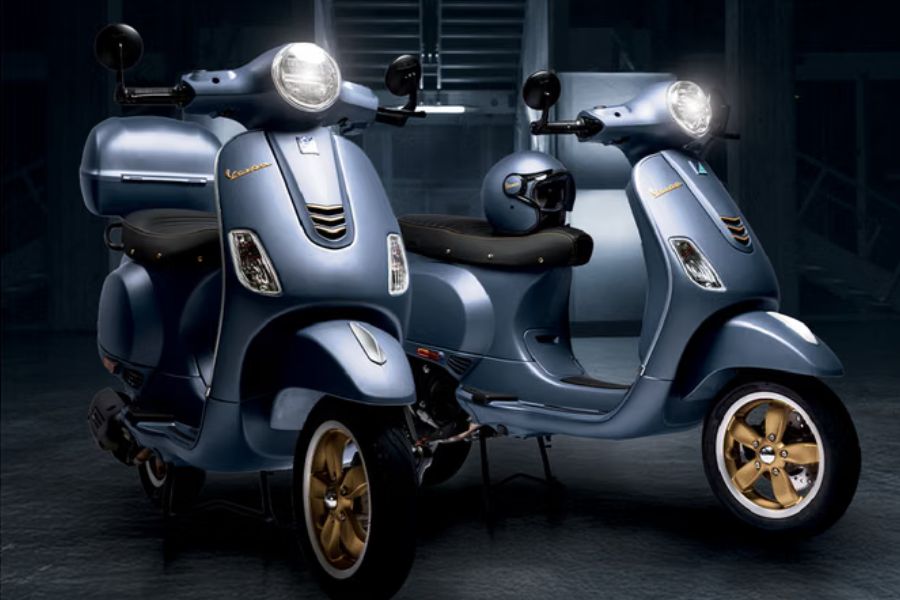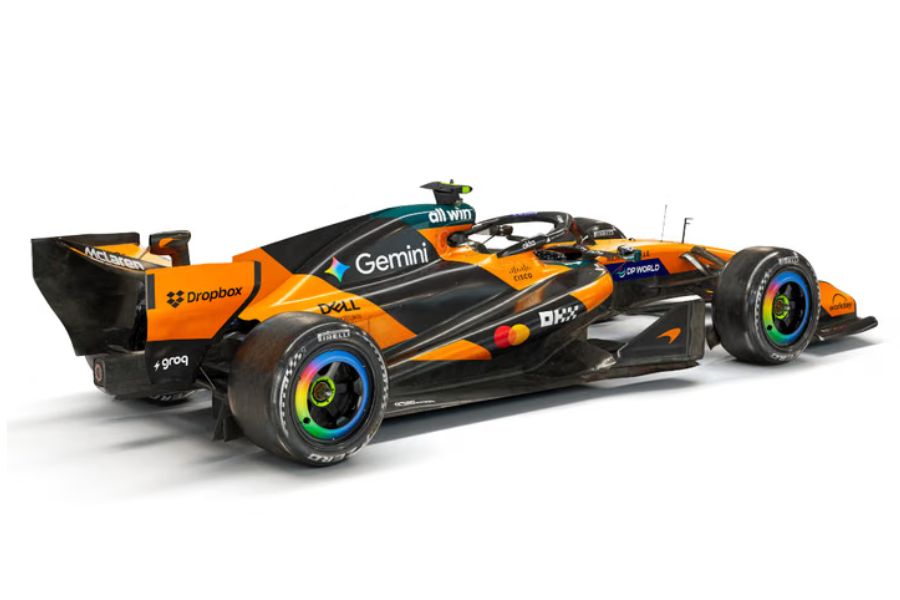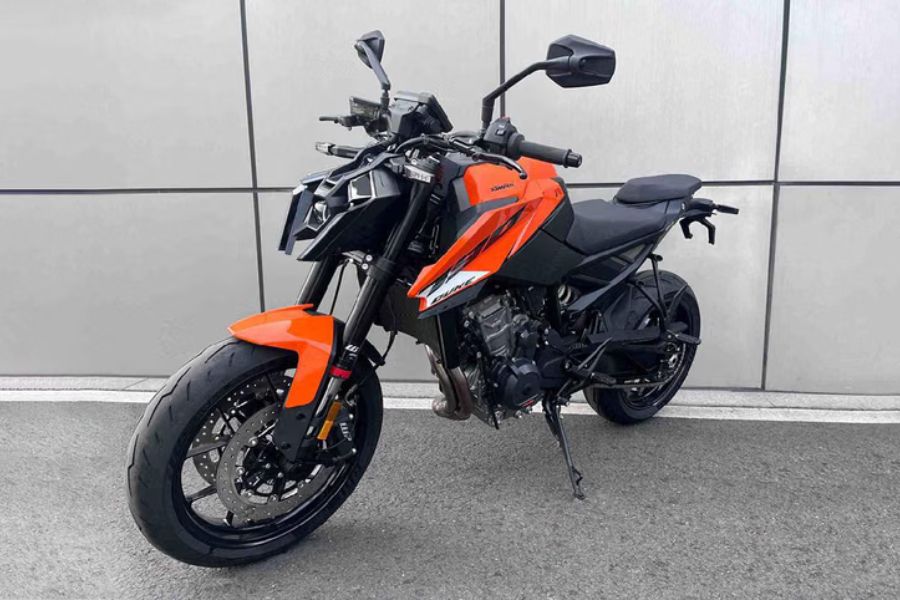In a strategic move that could reshape the global commercial vehicle landscape, Tata Motors has announced its intention to acquire the commercial vehicle division of Iveco Group for €3.8 billion (approximately ₹38,098 crore). This acquisition will be executed through TML CV Holdings PTE Ltd, a subsidiary of Tata Motors, marking one of the largest international deals in India’s automotive history.
Why the Tata-Iveco Deal Is a Big Deal
-
Massive Global Footprint
The combined entity is expected to achieve annual revenues of €22 billion, with projected sales of over 540,000 vehicles across continents. -
Strategic Market Access
While Tata Motors dominates the Indian CV space, Iveco has a stronghold in Europe and Latin America. Together, the companies will cover major global markets with minimal overlap. -
Technology Leap
Iveco’s investments in natural gas engines and zero-emission powertrains provide Tata with a crucial advantage in transitioning to green mobility solutions.
Key Deal Details
Transaction Structure
-
Acquisition Price: €3.8 billion (~₹38,098 crore)
-
Offer per Share: €14.10 (cum dividend), a 34–41% premium on market value
-
Dividend Bonus: Iveco shareholders to receive an additional €5.50–6.00 per share
Defense Division Carve-out
-
Iveco’s defense business (IDV) will be sold separately to Italy’s Leonardo S.p.A. for €1.7 billion
-
This sale must be completed by March 31, 2026, for the Tata acquisition to proceed
Deal Closure Timeline
-
Subject to regulatory clearances across EU, India, and Italy
-
Expected to close by Q2 2026, likely April 2026
What This Means for Tata Motors
-
Becomes a Top-Tier Global CV Player
With a broader international footprint and diversified revenue streams, Tata Motors will join the ranks of global leaders like Volvo, Daimler, and Paccar. -
Improved Product Portfolio
Tata gains access to premium trucks, light commercial vehicles (LCVs), and electric mobility tech—enhancing its portfolio for global markets. -
No Layoffs or Plant Closures
Tata has assured that it will retain all current Iveco employees and facilities for at least two years post-acquisition.
Global Commercial Vehicle Industry Impact
-
The merger creates a synergistic powerhouse in the CV space, with a strong focus on sustainable transportation, alternative fuels, and connected mobility.
-
Industry experts anticipate intensified competition in emerging and developed markets as Tata leverages Iveco’s R&D and platform strengths.
Potential Risks and Challenges
-
Complex Integration: Merging business operations, product lines, and corporate cultures will require careful coordination.
-
Regulatory Hurdles: Italian and EU competition authorities will examine the deal closely, especially due to strategic concerns over Iveco’s technologies.
-
Investor Sentiment: Tata Motors’ shares initially dipped after the announcement, though they recovered following detailed clarifications from management.
Summary Snapshot
| Aspect | Details |
|---|---|
| Deal Value | €3.8 billion (~₹38,098 crore) |
| Special Dividend | €5.50–6.00/share for Iveco shareholders |
| Unit Sales (Combined) | 540,000+ commercial vehicles per year |
| Combined Revenue | €22 billion |
| Key Markets | Europe (50%), India (35%), Americas (15%) |
| Defense Unit Sale | €1.7 billion to Leonardo by March 2026 |
| Closing Timeline | Targeted for Q2 2026 |
Final Thoughts
The Tata Motors–Iveco Group acquisition is more than just a high-value transaction—it’s a vision to build a global commercial vehicle leader that’s future-ready. With a complementary product lineup, access to next-gen technologies, and strategic geographic distribution, the deal is poised to reshape the CV sector worldwide.
If successfully executed, it could be remembered as the defining moment when an Indian automotive giant went fully global in commercial mobility.
Read More:




